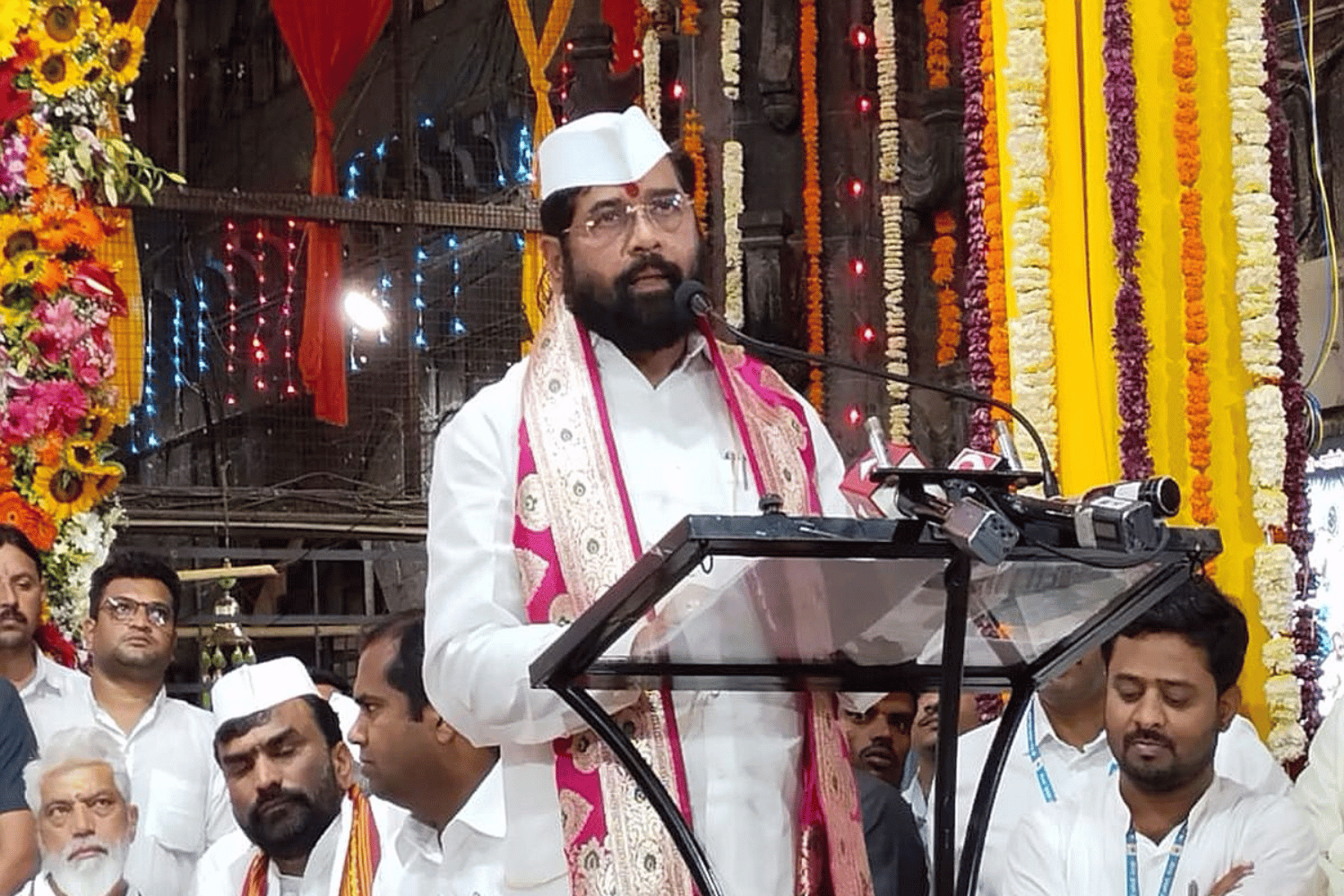
5 Tips For Finding A Mentor At The Start Of Your Career

Starting a career can be a daunting experience, but having a mentor to guide you through the tough times can make it significantly more manageable. In this article, we will discuss five tips for finding the right mentor for you and your specific needs at the start of your career. Learn how to evaluate potential mentors and find the one who will help you reach success!
What is a Mentor?
A mentor is an experienced and respected individual who provides guidance, advice, and support to someone less experienced. A mentor can help you develop your skills and knowledge, expand your network, and gain confidence in your abilities. A good mentor relationship is built on trust, mutual respect, and a shared commitment to your success. A mentor can provide invaluable insights into your industry or field, offer advice on career development, and help you navigate the challenges of early-career growth. If you're looking for a mentor, start by identifying individuals who have the experience and expertise you're seeking. Once you've identified potential mentors, reach out to them and express your interest in developing a mentorship relationship. Be prepared to explain what you hope to gain from the mentorship, and be sure to communicate your commitment to the relationship.
Why You Need a Mentor
One of the most important parts of starting your career is finding a mentor. A mentor can provide guidance, support, and advice when you need it most. They can help you navigate the early stages of your career, and provide invaluable insights into the industry you’re pursuing. But how do you find a mentor? And once you’ve found one, how do you make the most of the relationship? Here are a few tips to get you started: 1. Define what you want from a mentor. Before you start your search, it’s important to take some time to think about what you want from a mentor. What type of guidance are you looking for? What kinds of questions do you want to be able to ask them? What industries are you interested in? Defining your goals for the mentorship relationship will help you narrow down your search and find someone who’s a good fit for you. 2. Do your research. Once you know what you’re looking for, it’s time to start your research. Talk to people in your network and see if they have any recommendations for potential mentors. Look up mentors in your industry online and see if they have any articles or blog posts that you can read. See if there are any events or meetups that would allow you to connect with potential mentors in person. The more research you do, the better prepared you’ll be
How to Find a Mentor
There are a few key things to keep in mind when searching for a mentor. Firstly, it is important to find someone who is experienced in the field you wish to enter. Secondly, you should try to find a mentor who has a similar personality to yourself. Lastly, it is important to be clear about what you want to gain from the relationship. The best way to find a potential mentor is through networking. Try attending industry events or conferences and strike up conversations with people who seem like they would be a good fit. You can also reach out to people you admire on social media or LinkedIn. Once you have found a few potential mentors, set up informational interviews to learn more about them and see if there is a fit.
How to Optimize Your Success With Your Mentor
1. How to Optimize Your Success With Your Mentor When it comes to finding success in your career, having a mentor can be an invaluable asset. A mentor can help you navigate the challenges and opportunities that you encounter throughout your working life, and can provide guidance and advice when you need it most. However, simply having a mentor is not enough – you also need to make sure that you are making the most of your relationship with them. In order to do this, there are a few things that you should keep in mind: Be proactive – don’t wait for your mentor to come to you with advice or guidance; reach out to them regularly and let them know what’s going on in your life and career. Be open-minded – listen to what your mentor has to say, even if it isn’t what you want to hear. They have a wealth of experience and knowledge, so their advice is worth considering. Be grateful – show your appreciation for your mentor’s time and advice by being punctual for meetings, sending thank-you notes, and keeping them updated on your progress. By following these tips, you can make sure that you are getting the most out of your relationship with your mentor – and setting yourself up for career success.
Conclusion
Finding a mentor can be an invaluable experience, especially at the start of your career. Our 5 tips have highlighted some simple yet effective strategies to help you find the right mentor for you and get the most out of this important relationship. Always keep in mind that it is not only about finding a knowledgeable person but also someone who will take a genuine interest in helping you develop your skills and grow into whatever role or industry you are aiming for. Good luck with your search!



.webp)
